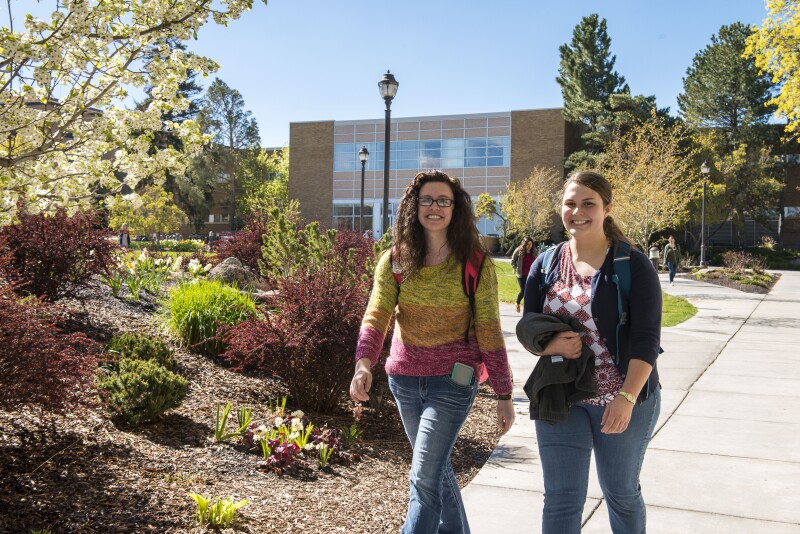If you are at imminent risk for self-harm please go to the Madison Memorial Emergency Room. For individuals who are at risk for harming themselves or are having a similar significant crisis, please text or call 988 to access the National Suicide and Crisis Lifeline.

Overview
Mindfulness involves paying attention to the present moment. Mindfulness practices can help challenge the ways that we can be stuck in automatic pilot–moving through our days with our minds in the past or the future while missing out on the present. Learning how to wake up and be present with mindfulness can be a powerful tool for reducing stress and connecting with our minds and bodies. In fact, research shows that mindfulness can help with many areas of well-being, including reducing stress, increasing concentration, and working memory, improving sleep, letting go of anxieties about the future, and being less stuck in thoughts about the past.
Taken from University of Washington
Additional Resources
Find Helpful Resources